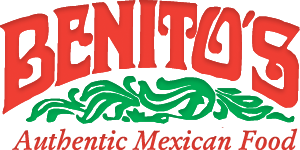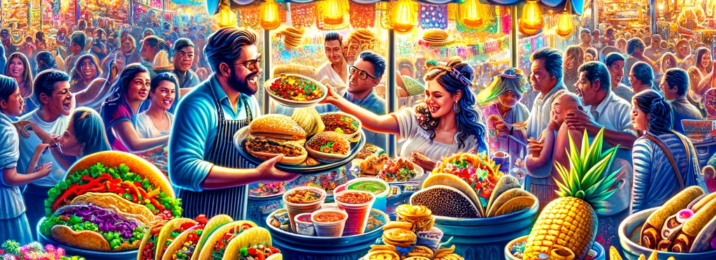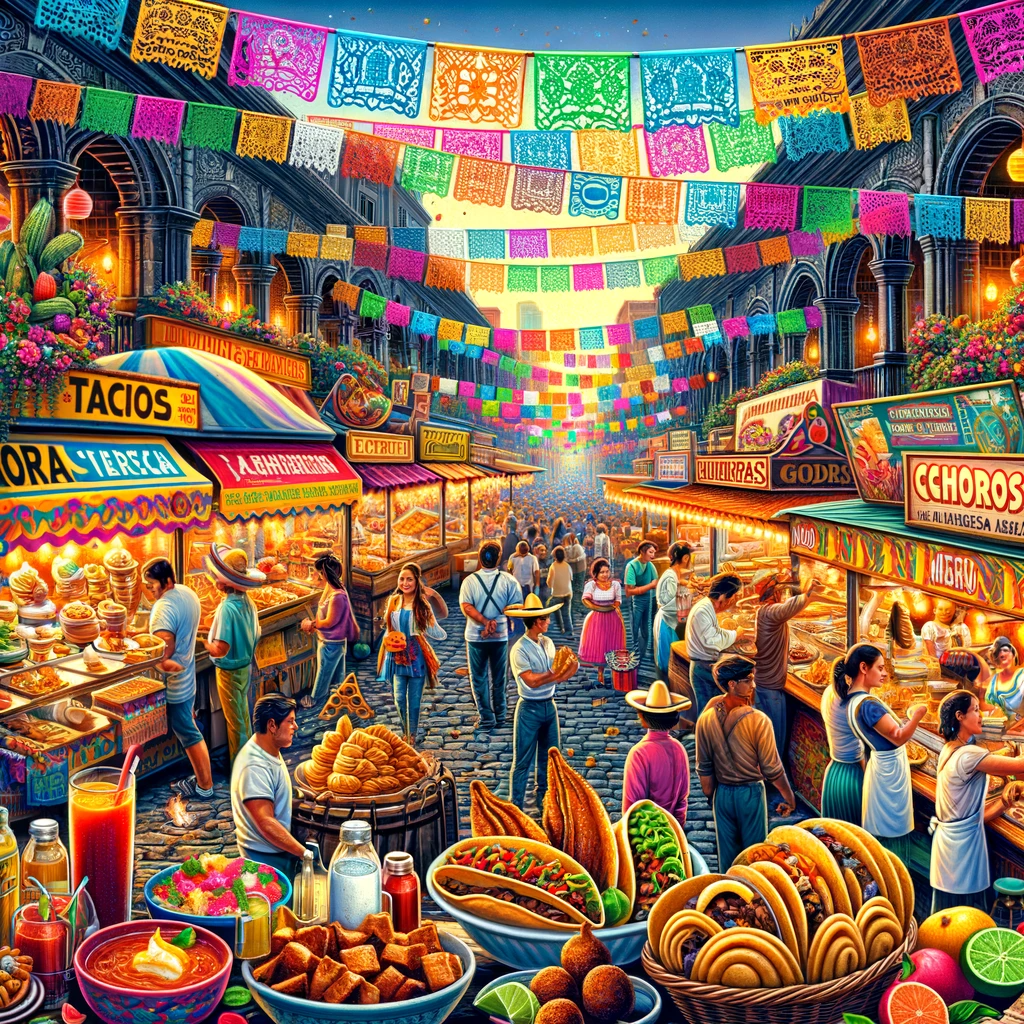Mexican Street Food: A Culinary Adventure
Mexican street food is not just a meal; it’s a vibrant, living tapestry of culture, history, and community, offering a culinary adventure that tantalizes the senses and brings people together. As an award-winning investigative journalist and SEO expert, I’ve delved into the heart of Mexico’s bustling streets to bring you an authentic taste of this rich culinary tradition.
The Essence of Mexican Street Food
The Historical Roots
Historians trace the origins of Mexican street food back to the pre-Hispanic tianguis, or traveling markets, where vendors sold prepared foods to passersby. This tradition flourished with the influx of rural Mexicans into cities during the 20th-century industrialization, bringing with them the flavors of their hometowns.
A Communal Experience
In Mexico, street food is a communal act, a shared experience that transcends social and economic boundaries. It’s common to see people from all walks of life, from blue-collar workers to celebrities, lining up at their favorite taco stand or elote cart.
A Reflection of Cultural Heritage
Mexican street food is a reflection of the nation’s cultural heritage, recognized by the United Nations for its traditional practices, including the cultivation and preparation of heirloom corn, chiles, and beans.
The Diversity of Dishes
Tacos: The Quintessential Street Food
Tacos, sold from baskets on bikes or bustling stands, are the epitome of Mexican street food. Authentic tacos feature simple ingredients like carne asada in soft corn tortillas, garnished with onions and cilantro.
Elotes and Esquites: Corn Delights
Grilled corn on the cob, known as elote, and its off-the-cob counterpart, esquites, are beloved for their combination of mayonnaise, lime, cheese, and chili powder.
Tostadas, Sopes, and Tamales
Tostadas offer a crunchy base for a plethora of toppings, while sopes, with their thick corn dough, provide a satisfying bite. Tamales, steamed in cornhusks, are a link to ancient heritage, filled with savory or sweet mixtures.
Sweet Treats and Beverages
Churros and flan cater to those with a sweet tooth, while aguas frescas and traditional cocktails like margaritas quench thirst with their refreshing flavors.
The Cultural Significance
Food as a Social Glue
Food in Mexico is more than sustenance; it’s a social glue that brings communities together, especially during festivals like the Day of the Dead, where food offerings play a central role.
Street Food and Identity
The variety of street food reflects the diverse identity of Mexico, with each region contributing its unique flavors and techniques to the national culinary landscape.
The Evolution of Mexican Cuisine
From Ancient to Modern
Mexican cuisine has evolved from its Mayan and Aztec roots, through Spanish colonization, to today’s fusion of traditional and innovative dishes that continue to surprise and delight food enthusiasts.
The Global Stage
With Mexican restaurants gaining international acclaim, the country’s street food remains a testament to the enduring appeal of homemade flavors and the importance of culinary traditions in everyday life.
The Future of Mexican Street Food
Gastronomic Forums and Festivals
Events like the VII Gastronomy Forum in Michoacán highlight the global relevance of Mexican culinary culture, fostering knowledge exchange and celebrating the nation’s gastronomic wealth.
The Role of Street Vendors
Street vendors are at the core of Mexico’s food scene, serving millions daily and maintaining the authenticity of Mexican street food amidst a rapidly changing culinary landscape.
The Impact on Tourism
A Culinary Destination
Mexico’s street food culture is a significant draw for tourists, offering an immersive experience that combines flavor, history, and the warmth of communal dining.
Educational Opportunities
Cooking classes and food tours provide deeper insights into the preparation and significance of Mexican street food, enriching the travel experience for food lovers.
The Business of Street Food
Entrepreneurship and Growth
The success of street food-inspired eateries, like Rreal Tacos in Atlanta, demonstrates the potential for growth and the desire for authentic Mexican flavors in an upscale setting.
Supporting Local Economies
Street food vendors support local economies, sourcing ingredients from regional producers and contributing to the economic vitality of their communities.
Conclusion
Mexican street food is a celebration of the nation’s rich history, cultural identity, and culinary ingenuity. Each dish tells a story of tradition and innovation, offering a window into the soul of Mexico. Whether you’re savoring a taco on a busy street corner or enjoying a sweet churro, you’re partaking in a centuries-old tradition that continues to evolve and inspire.
FAQs
What is the most iconic Mexican street food?
Tacos are the most iconic Mexican street food, known for their simplicity and variety of fillings.
How does Mexican street food reflect the country’s history?
Mexican street food has roots in pre-Hispanic markets and has evolved to include influences from Spanish colonization and regional culinary traditions.
Why is street food important in Mexican culture?
Street food is a social equalizer and a communal tradition that brings people together, reflecting the country’s cultural heritage and community values.
Can Mexican street food be found outside of Mexico?
Yes, the popularity of Mexican street food has spread globally, with authentic dishes and inspired variations available in many countries.







